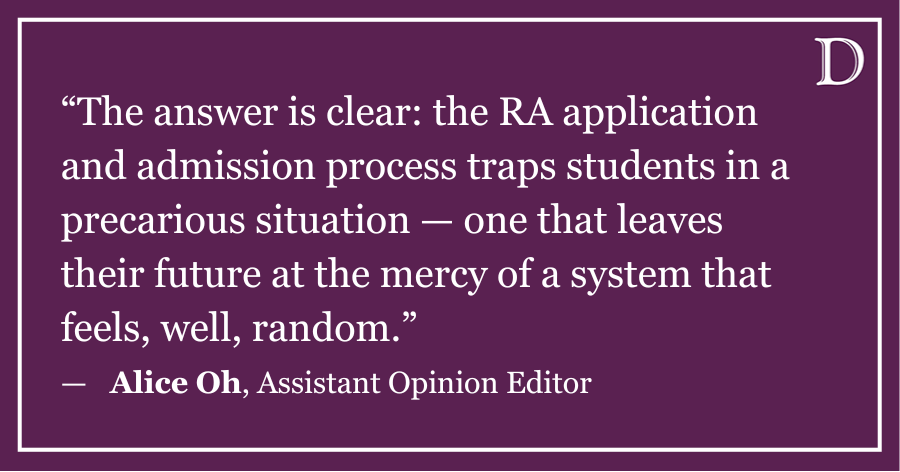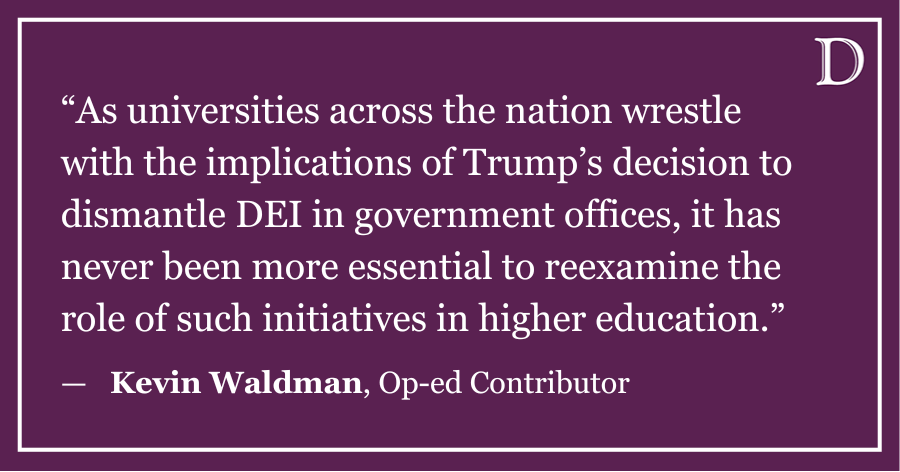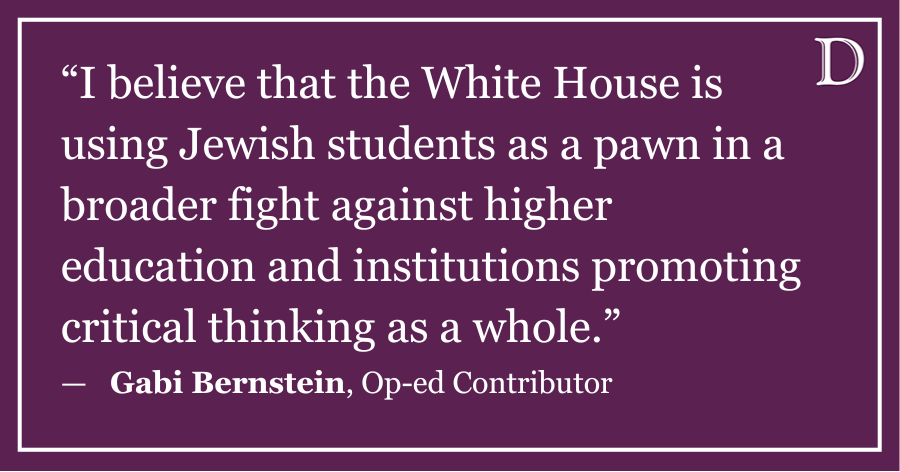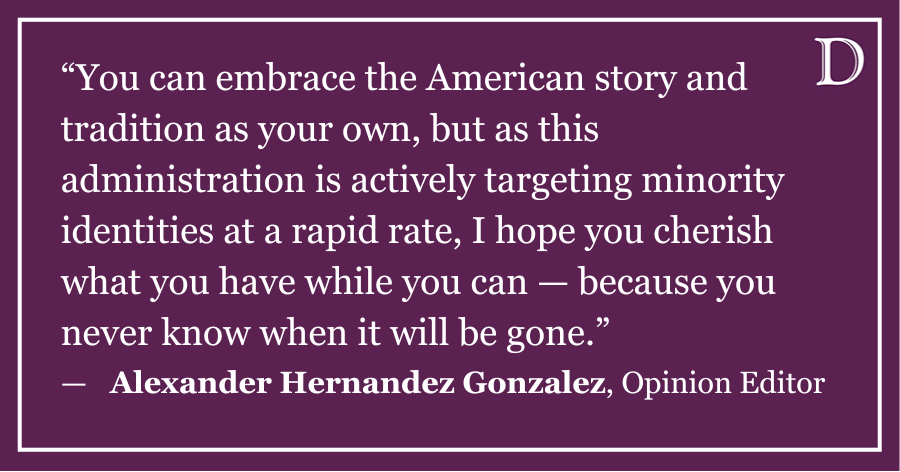About 46 percent of full-time American college students work while enrolled. This seems like a large portion of the college kids in this country, and one has to wonder what these students gain from working while in school. There are obvious gains, such as extra money, but there are also intangible benefits, such as gaining skills and creating relationships that can be valuable later in life.
Throughout most of high school, I worked as a customer service representative and as a waitress. Coming to college, though, I was apprehensive about getting a job, as I knew that my classes would be more challenging and that there would be various activities taking up my time. Despite my hesitance, I took two positions, one in the cashier’s office in Norris and the other as a babysitter for a few families in Evanston. I have recently realized that there are more benefits than I had previously thought.
Of course an obvious benefit to working during college is the money, which can be put toward college tuition or savings, or can fund leisure activities. It is less of a burden for parents if their student has his or her own paycheck, especially if the student left their home state to go to school, because then parents don’t have to keep track of a budget for the student. This extra cash can also make students more responsible when it comes to saving money and can allow them to begin to gain financial independence from their parents.
Besides the material benefit from working during college, there are intangible gains. Working while enrolled in school gives students the opportunity to meet peers that they might not otherwise have come in contact with. As a freshman, most of my classes are exclusively comprised of freshmen. In my residential college, I live on a floor with all-freshmen neighbors. By working at the cashier’s office, with coworkers of varying ages, I am able to meet upperclassmen that I probably never would have had the chance to meet otherwise. I am able to learn the skills of the job from them and ask them for advice about classes. My supervisor is a graduate student who has a lot of knowledge to pass on to her employees. Relationships like these are bonds that students can carry on throughout college, potentially becoming life-long friendships.
A great part of working while in college is that students are able to learn everyday skills that will help them later on in life, even if the job area they are working in is not the industry they plan to major in or pursue a career in. For example, I plan to major in psychology and cognitive science, but as a cashier I use math skills and handle money, and as a babysitter I work with children and practice teaching. While I do not plan to pursue these areas in the future, these jobs teach skills such as precision, accuracy, patience and punctuality. These are invaluable skills that I will need no matter which field I go into. Additionally, both of these jobs allow me to work with people, which is something that will definitely help me later in life as a psychologist or cognitive scientist. There is always some skill or ability that is necessary for a part-time college job that will be helpful in the future.
My experiences with working while being a full-time student are not an exception. The 46 percent of students who take up part-time jobs undoubtedly learn something valuable and make lasting connections. While it may be hard to fit a part-time job into a the always busy college schedule, these benefits are hard to pass up, and they will definitely be rewarding in the long run.
Katy Vines is a Weinberg freshman. She can be reached at kaitlynvines2017@u.northwestern.edu. If you would like to respond publicly to this column, send a Letter to the Editor to opinion@dailynorthwestern.com.














